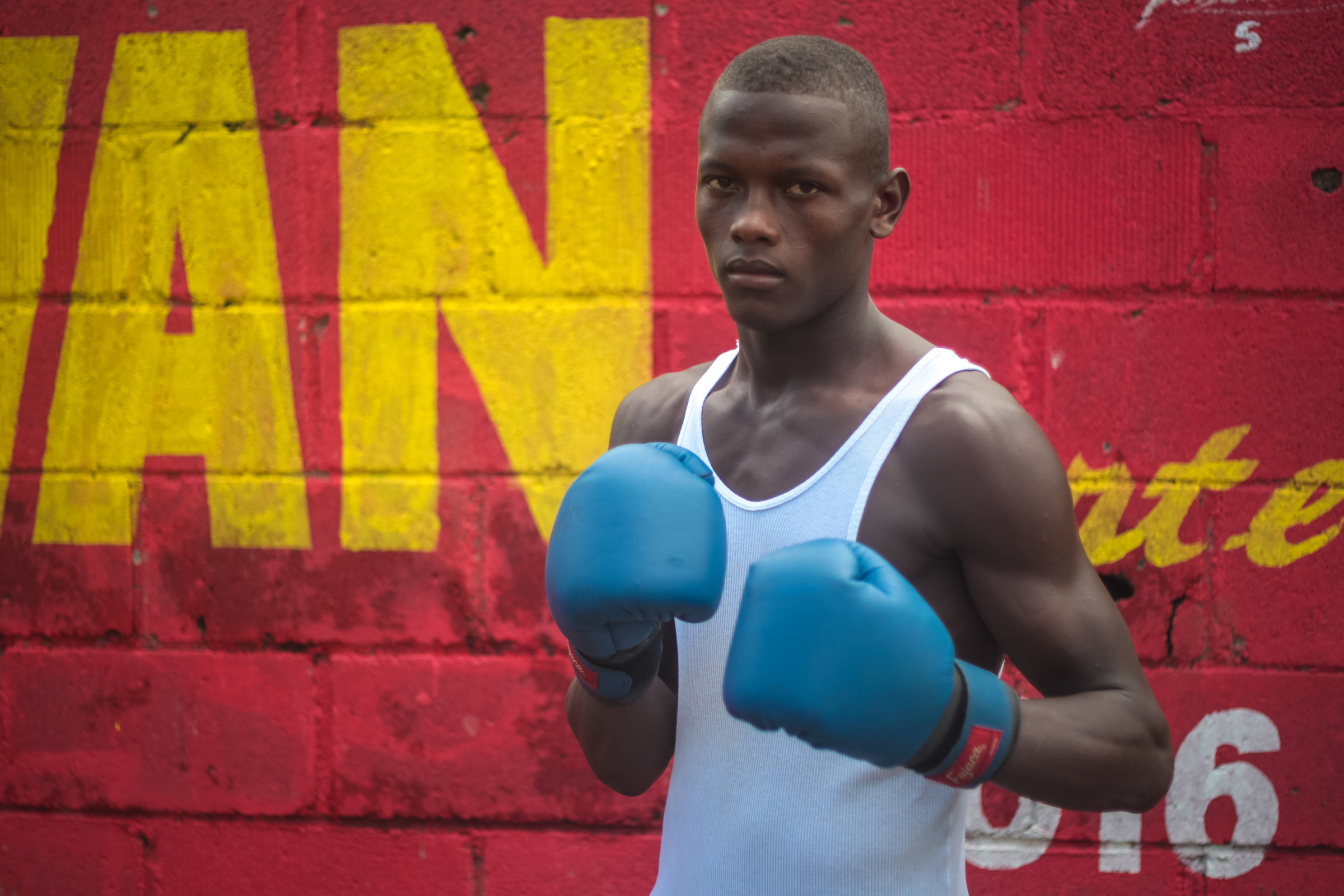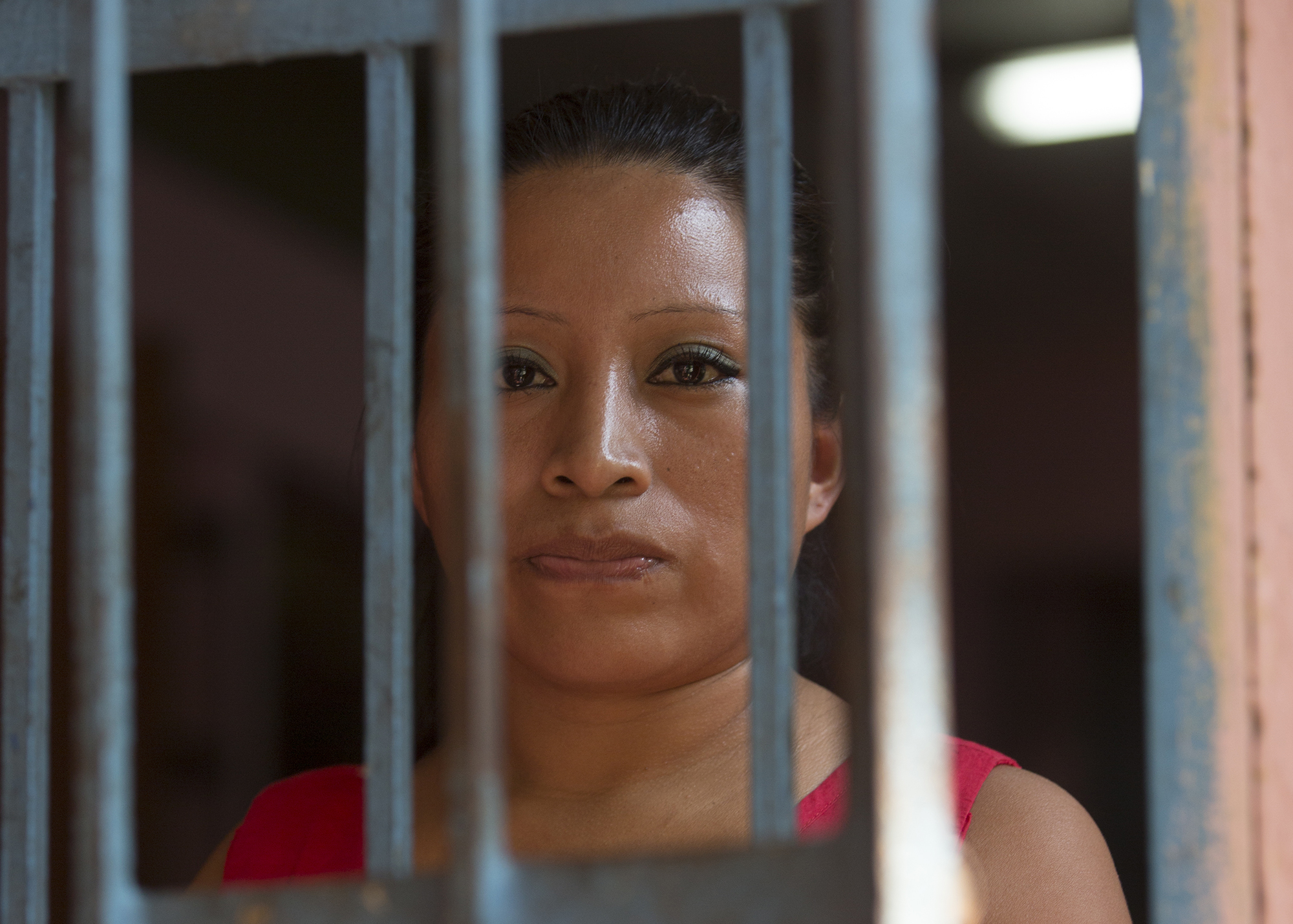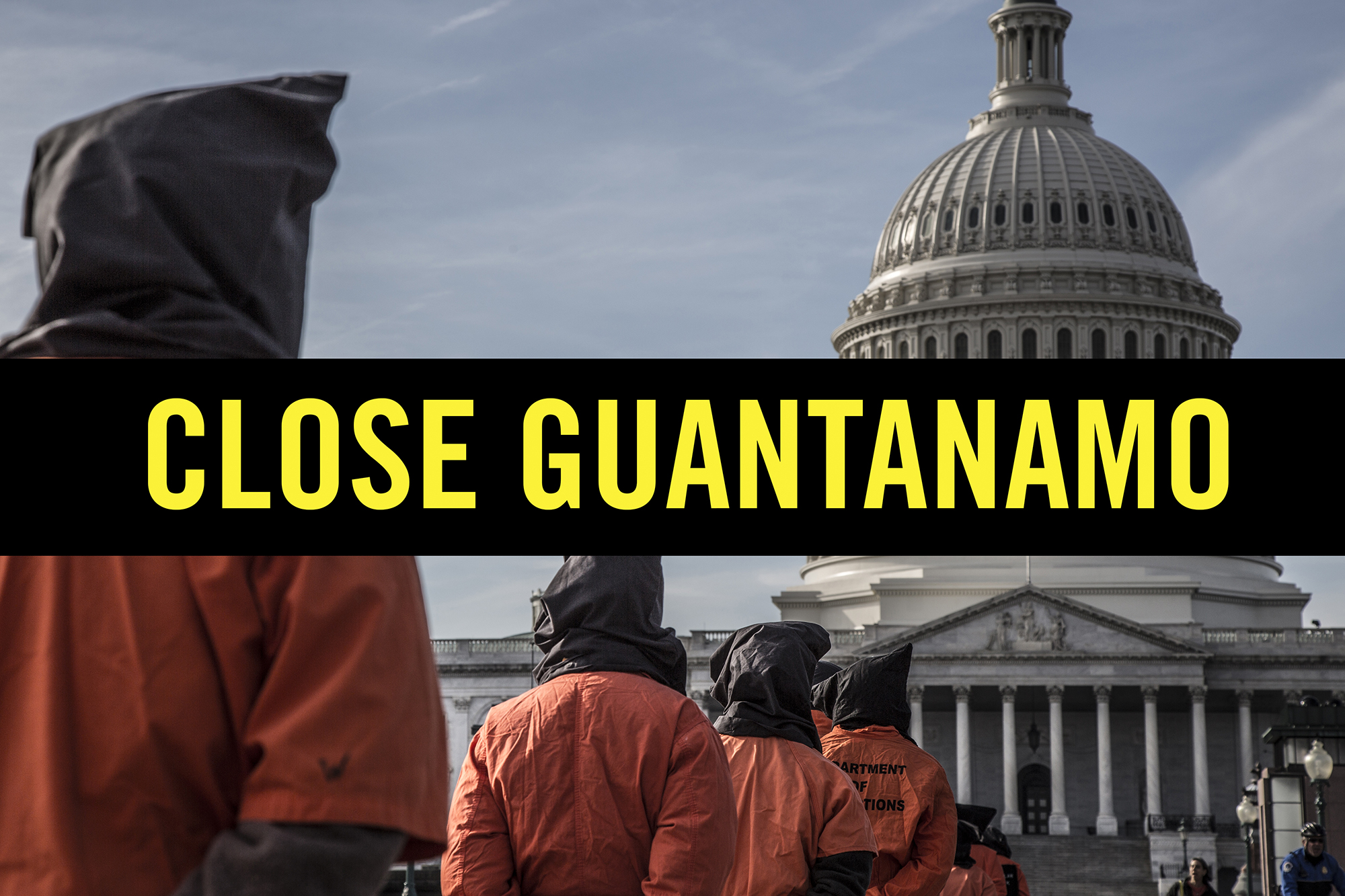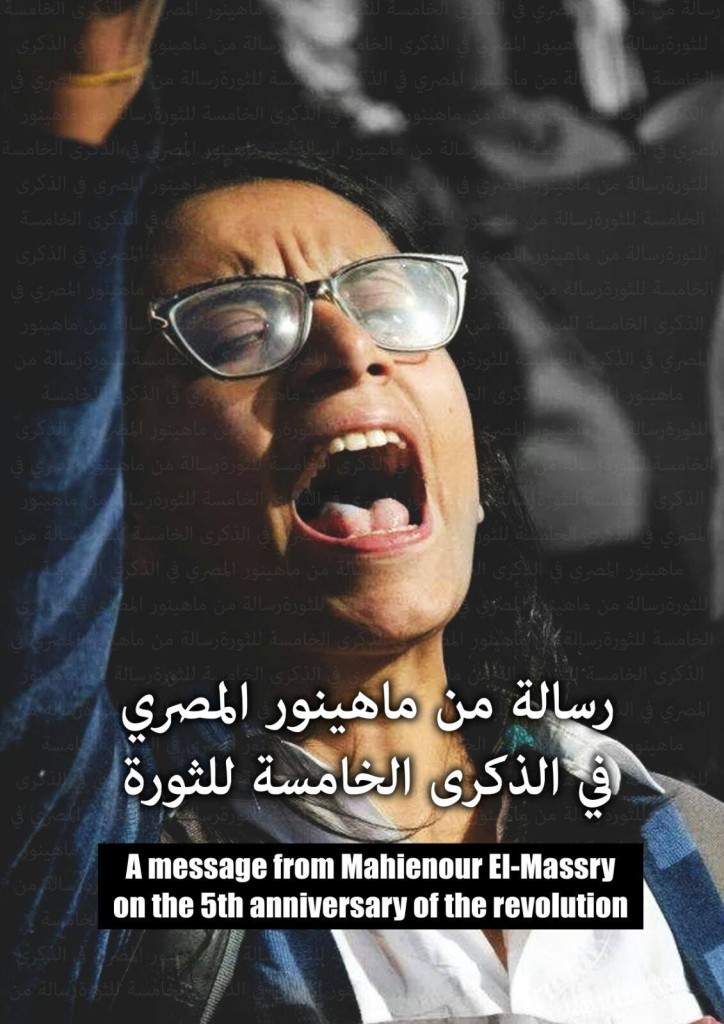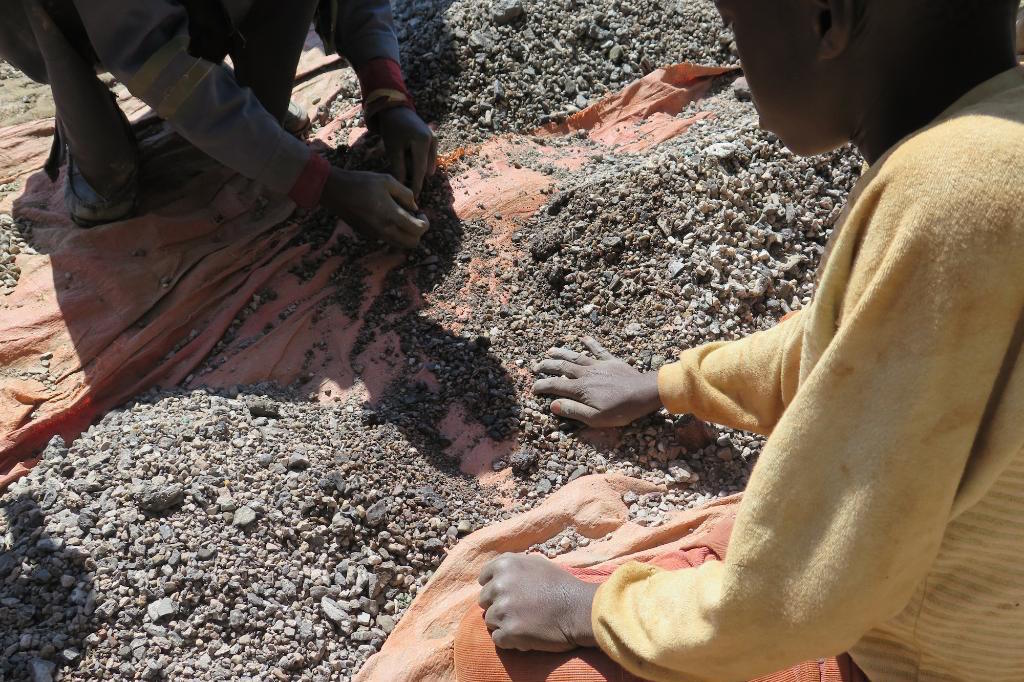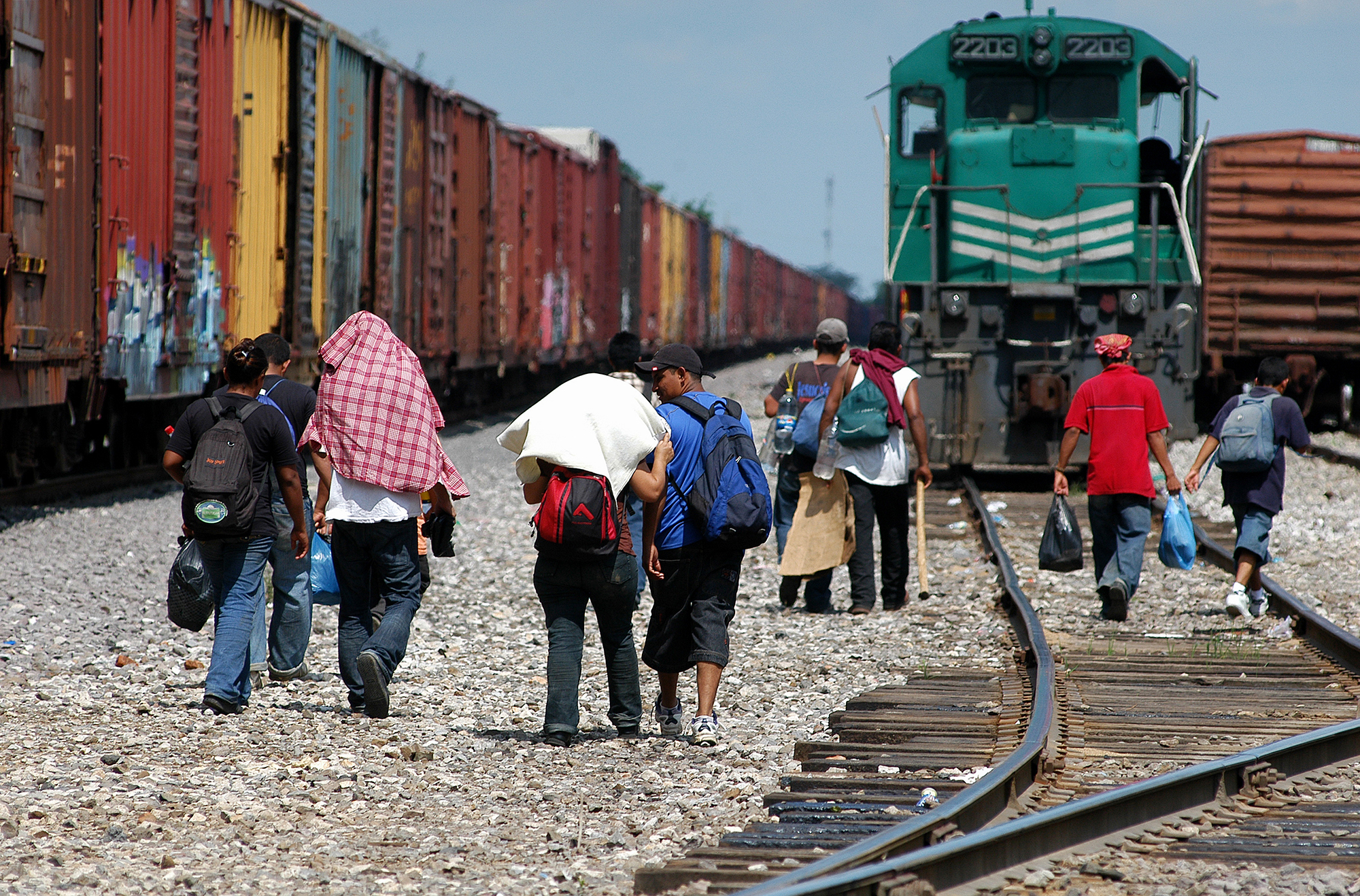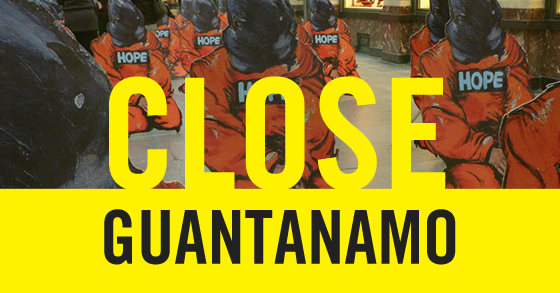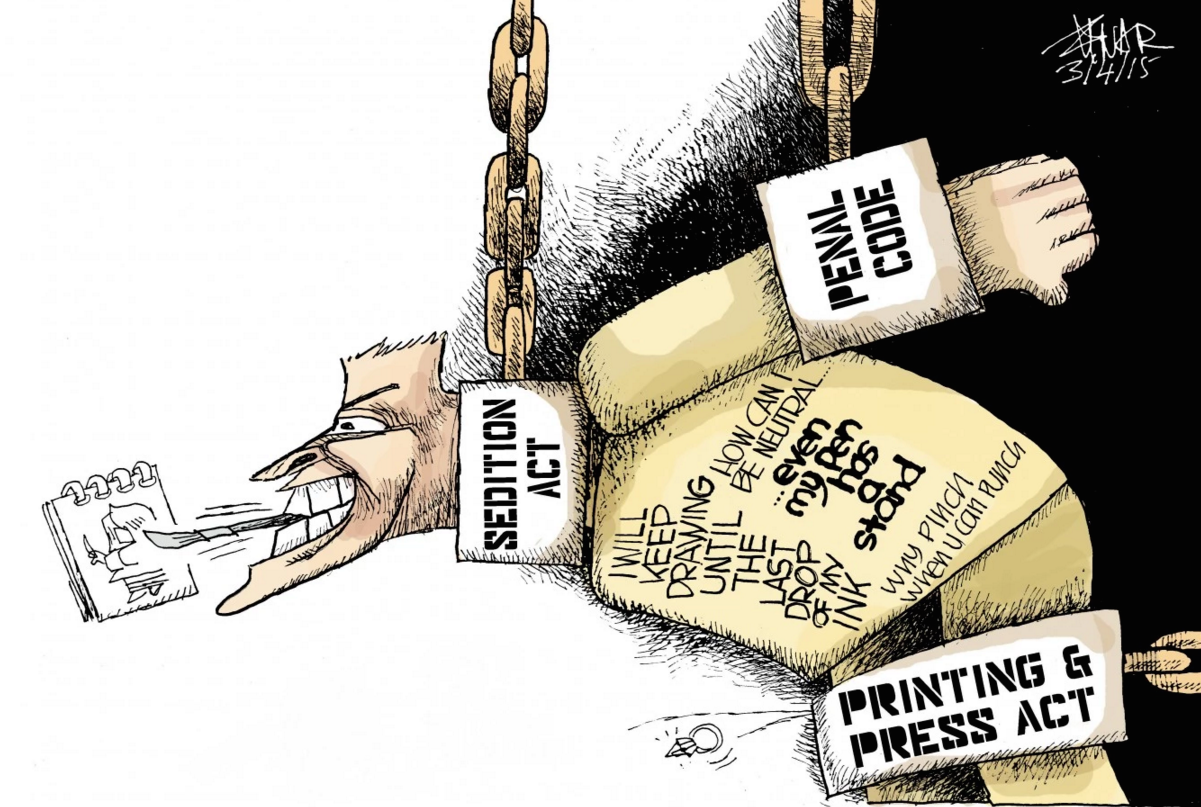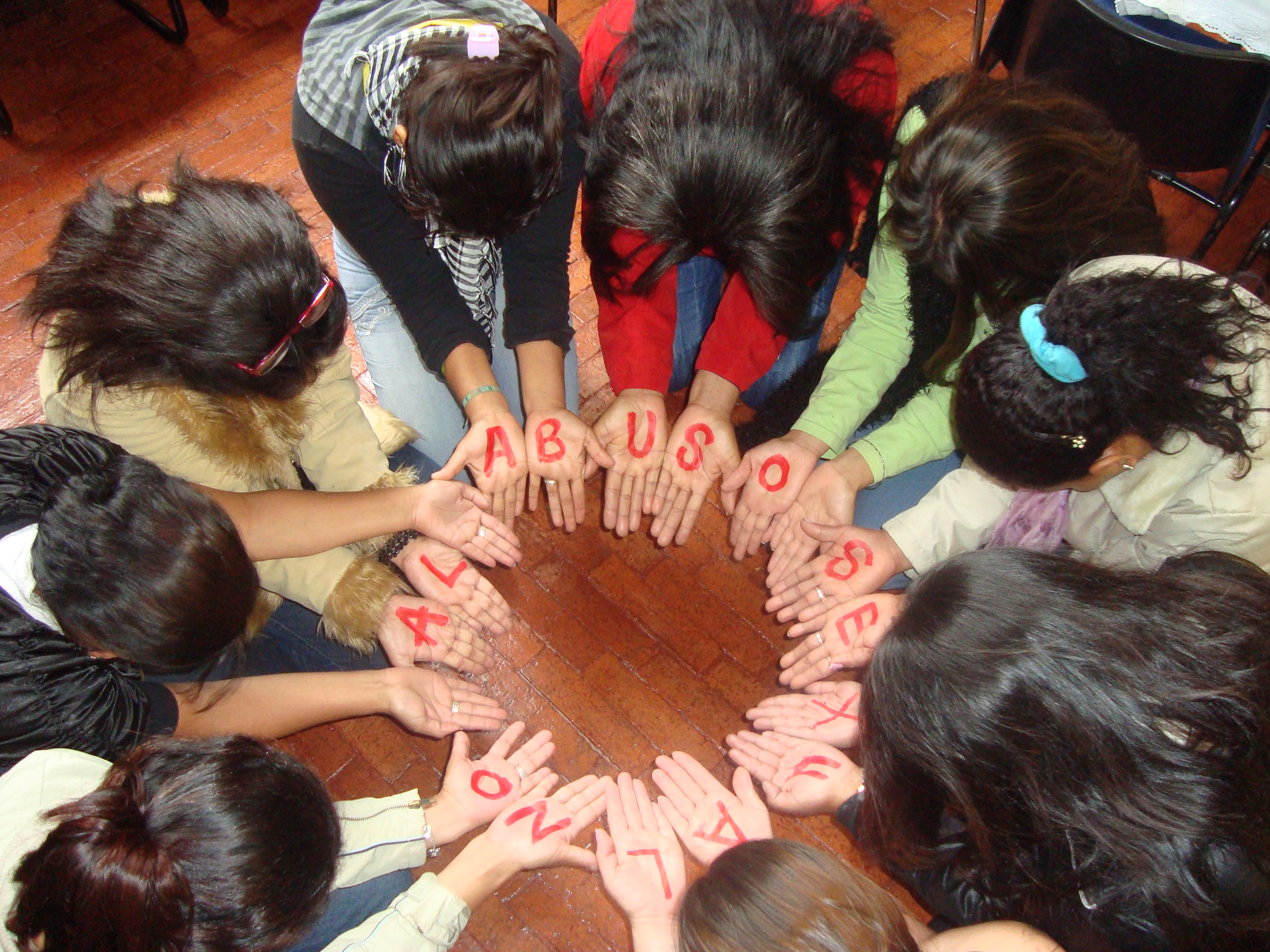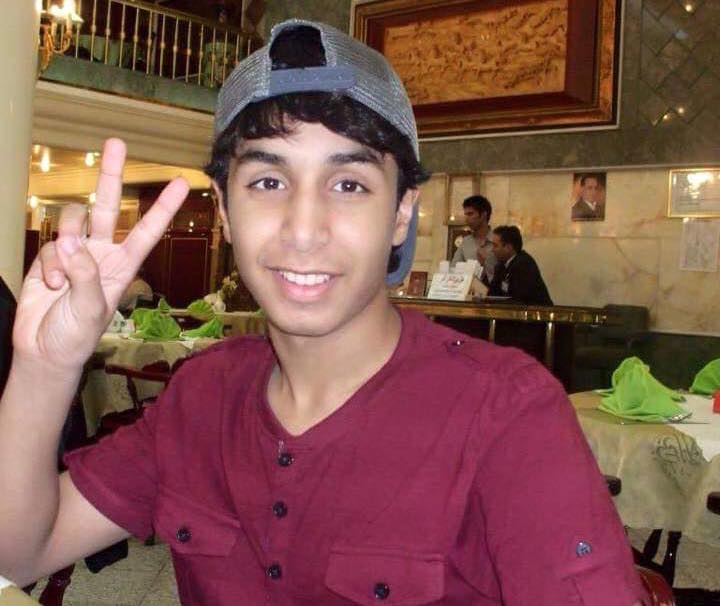
By Nassra al-Ahmed, mother of Ali al-Nimr
Ali al-Nimr was just 17 when he was arrested on 14 February 2012 a few months after taking part in anti-government rallies. He was sentenced to death, despite being a minor when he was arrested and following a deeply unfair trial based on “confessions” he says were obtained through torture. He now awaits his execution. His mother, Nassra al-Ahmed, tells their story:
When I first heard the verdict to execute my little boy, I felt as if a thunderbolt was hitting my head. It rendered me bereaved and rid of the most cherished and beautiful things I have.
His absence has exhausted my heart. My eyes shed tears automatically, yearning for him. I am overtaken by missing his angelic features. His smile never leaves my mind and memories prompt me to weep each time I see one of his pictures. SEE THE REST OF THIS POST
